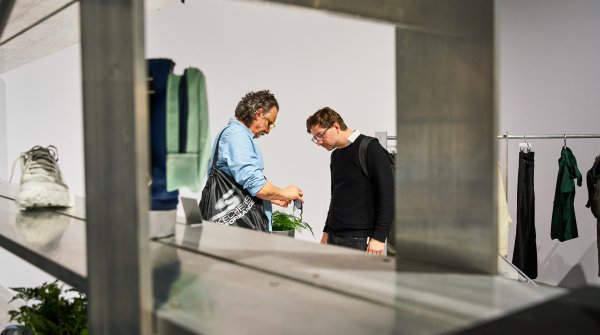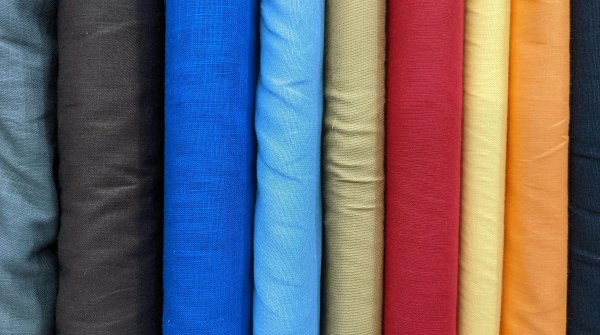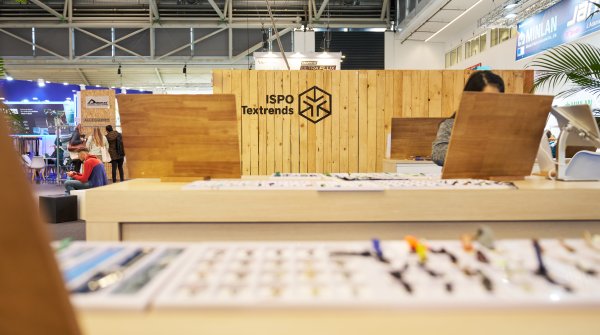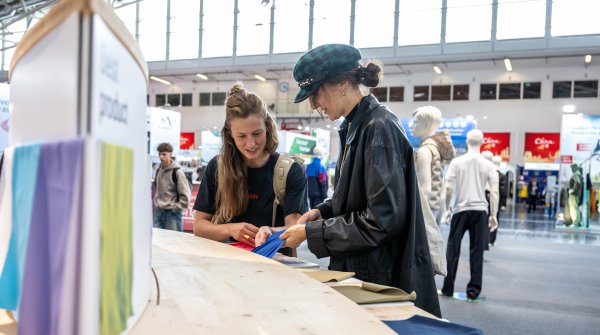A brand voice starts with the creation process of a product - and it needs managers, employees, ambassadors, athletes and specialists to give it strength. We explain what a strong Brand Voice is based on, which players are at the forefront of it, and what other benefits responsible and sustainable action has.
True care brands manage to take care of their products, the value chain and the communication of the brand message at the same time, while remaining desirable. They use their visibility to drive change by making their production models more sustainable, sharing their research results in an open-source way, and funding and driving innovation. Brand voice is when brands speak directly to their consumers and communicate messages through content that adds real value. Brands with a strong voice pave the way to the future by using their influence positively, staying humble and demonstrating their commitment. With their responsible sincerity, they use neuromarketing to evoke emotions in consumers - essential in a field like outdoor sports.
Brands with a strong brand voice are often visionaries and are committed to driving research and development to create true innovation. They care about developing products, materials, finishes or manufacturing processes that have an impact. In this way, they pave the way for specific products, for which they become brand ambassadors and are recognized throughout the industry. Examples include Yulex™, Gore Tex™, Eicoprene™ and Econyl™. Joint investments also help improve sustainability and the nature of manufacturing.
There are other ways to lead the way. For example, by having brands think macro and systems, as well as putting ISO standards, material or process labels, and certifications at the centre of their sourcing strategy. These approaches also make it easier to develop sustainable sourcing strategies and be prepared for audits and due diligence laws. When a brand prepares for a BCorp™ certification or a Bluesign™ or Amfori BSCI ™ audit, the industry benefits on a global level from the environmental and social change that is instigated. Bonus: At the same time, the brand creates assets for honestly communicating its message.
Brand voice and eco-design are closely linked, starting at the design stage, supported by verified and verifiable life cycle analysis. To meet the design challenge from concept to store shelf, brands need to address traceability and circular economy issues, as well as technical solutions that can help them do so. Ecodesign brands are often visionaries and do not hesitate to participate in pilot projects by startups and major players - examples here include the Lectra™ Think Tank program or the Microfiber Consortium™ roadmap.
What else are brands with strong voice focusing on? On a collaborative approach to product development. For example, the French running, textile and accessories brand Circle Sportswear™ works hand in hand with Lenzing™ and The Woolmark Company™ according to this model. The three-person team is developing a joint running shoe, the "supernatual runner." A role model in the circular economy is the important project of the Picture Organic™ brand, which aims to combat the negative effects of polyester and reduce dependence on new, bio-based sources with "The Circular." Used garments and remnants from the production of participating brands are collected and enter a short, closed loop.
To make the fibre-to-fibre recycling and depolymerization process more effective, the recycled fibres are 100 percent polyester and can then be used to make new outdoor and sports apparel. The recycling is done in China by Jiaren, with a focus on technical sourcing and proximity. The program significantly reduces the carbon footprint. By:
- Conventional polyester: 3.13 kg CO₂.
- Organic polyester: 2.77 kg CO₂
- Recycled polyester: 1.20 kg CO₂
- Recycled polyester: between 1.08 and 1.45 kg CO₂
Source: Picture Organic Circular
A core value on the path to Brand Voice is positive impact, embodied in responsible and engaged communication, sharing of knowledge and verified data, and feedback from Ambassadors and specialists. In this regard, outdoor brands like The Northface™, Icebreaker™ and Houdini ™ are leading the way. And there are also brands that give voice to environmental conservation or humanitarian causes, Patagonia™ for example. In documentaries such as "Ascend: Forced to flee the Taliban, Afghan women find a home in climbing," the brand highlights particularly important projects. The U.S. brand also supports England's first wave sanctuary, "The North Devon World Surfing Project," which officially opened in June 2023. Other players rely on unusual actions, such as the French brand Hopaal™, which opens its capital to "share stakeholders," or the second-hand sales platform Everide, which fully sponsored the Ladevant brothers' trip. Responsible communication brings us closer together!
Brand voice can also help brands attract skilled workers: Between silent resignations and higher CSR expectations, it's becoming increasingly challenging for brands to find suitable talent. And it's a challenge that brands with strong brand voice are tackling head-on. Finding and retaining talent looking for meaningful work, especially in production, sourcing or procurement, is now quite as important as adapting to economic challenges and sustainability.
Convincing people requires evidence and approachability, the two greatest assets of a brand with Brand Voice. It is no longer enough to make promises to employees. Their satisfaction comes from commitment and the right way to communicate it, with transparency, opportunities to participate, and affirmation.
It all starts from the top: Brands that manage to establish influential leadership at all levels are one step ahead of the textile industry's current challenges. But these strategic costs can't be paid without a sparring partner for innovation. Emotion and the ambition of leaders depend not only on what they do, but also on who they do it with. Action and the ability to communicate something with enthusiasm are critical qualities - for leadership and for "story proofing" required by regulations such as the French Climate and Resilience Act or the EU's Green Deal.
In short, Brand Voices convey the messages needed to challenge business processes and models, move beyond the status quo, and fight the "higher, faster, further" approach.

 Sports BusinessWhat Comes After Gold? 3 Olympic Athletes On Life Beyond Sports
Sports BusinessWhat Comes After Gold? 3 Olympic Athletes On Life Beyond Sports
- ISPO awards
- Mountain sports
- Bike
- Design
- Retail
- Fitness
- Health
- ISPO Job Market
- ISPO Munich
- ISPO Shanghai
- Running
- Brands
- Sustainability
- Olympia
- OutDoor
- Promotion
- Sports Business
- ISPO Textrends
- Triathlon
- Water sports
- Winter sports
- eSports
- SportsTech
- OutDoor by ISPO
- Heroes
- Transformation
- Sport Fashion
- Urban Culture
- Challenges of a CEO
- Trade fairs
- Sports
- Find the Balance
- Product reviews
- Newsletter Exclusive Area
- Magazine






